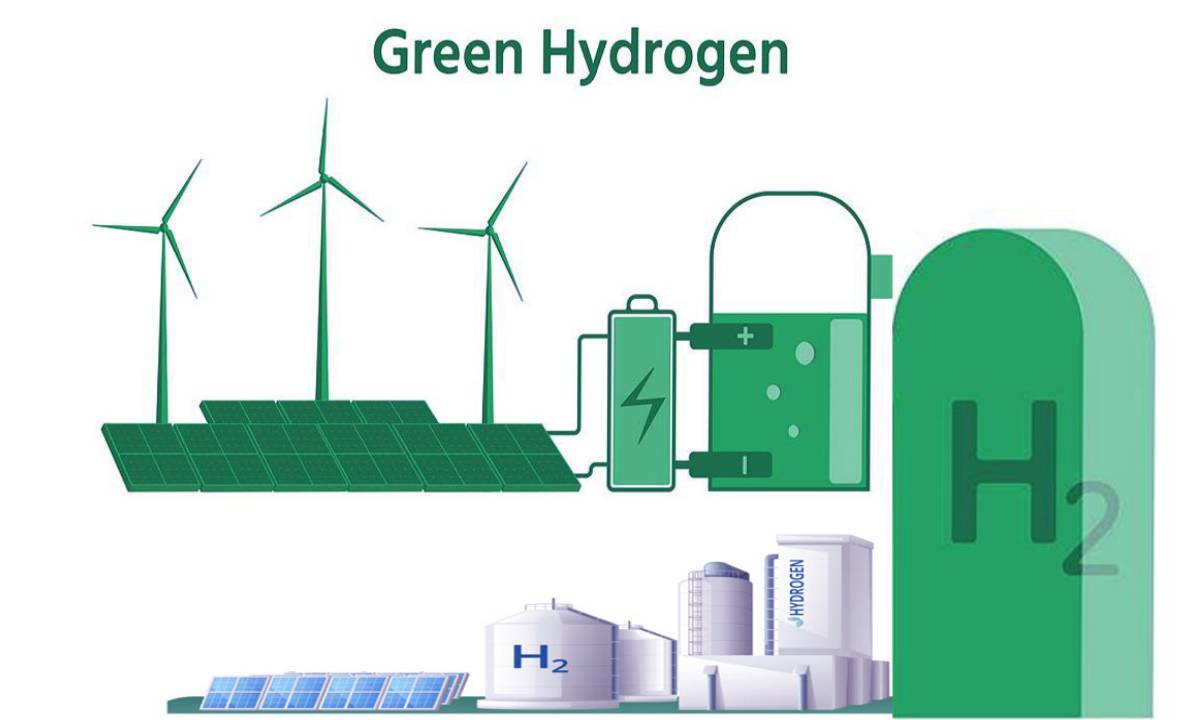Koshi Province to Establish Green Hydrogen-Based Chemical Fertilizer Factory
Key Ideas
- Koshi Province government in Nepal plans to invest Rs 26 billion in establishing a chemical fertilizer factory based on green hydrogen.
- The project is part of a larger initiative where 71 projects worth Rs 130 billion are set to be developed, focusing on various sectors like agriculture, industry, and tourism.
- The factory aims to produce 200,000 metric tons of fertilizer annually, aiding in addressing the country's chemical fertilizer shortage and boosting food security in eastern Nepal.
- The initiative involves a public-private partnership model, with plans to utilize carbon dioxide emissions from Udayapur Cement in the production process.
The Koshi Province government in Nepal has decided to establish a chemical fertilizer factory based on green hydrogen, with an investment of Rs 26 billion. This decision was made following the Koshi Province Investment Summit 2025, where various projects worth a total of Rs 52.16 billion were finalized. The government plans to develop a total of 71 projects amounting to Rs 130 billion, covering sectors such as agriculture, industry, and tourism. The chemical fertilizer factory, a significant project among the planned initiatives, is expected to help overcome the shortage of chemical fertilizer in Nepal, which often leads to challenges for farmers during critical planting seasons.
The factory is set to be located between Udayapur and Sunsari districts and will utilize carbon dioxide emissions from Udayapur Cement in its production process. With an annual production target of 200,000 metric tons of fertilizer, the project aims to enhance food security in eastern Nepal. Moreover, the initiative will operate under a public-private partnership model, emphasizing collaboration between the government and private sector.
The signing of a memorandum of understanding (MoU) involving key officials like Chief Minister Hikmat Kumar Karki and Provincial Investment Authority CEO Dr Saroj Koirala highlights the commitment to the project. Dr Biraj Singh Thapa from Kathmandu University expressed optimism about the project, emphasizing the importance of this long-awaited initiative being finally set in motion. The project is expected to yield positive outcomes for both the agricultural sector and industrial emissions management in the region, signaling a step towards sustainability and self-sufficiency in chemical fertilizer production in Nepal.
